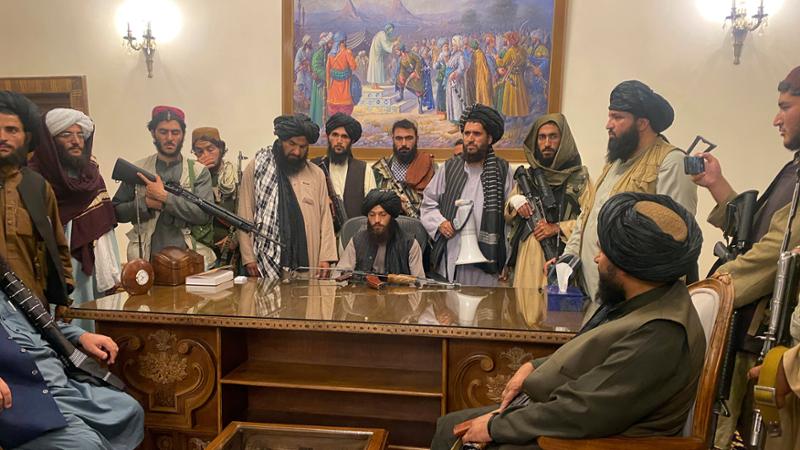The UN anticipates that discussions will continue at a fourth Doha meeting later this year, focusing on the impact of climate change on Afghanistan.
A United Nations-led two-day conference of special envoys for Afghanistan from nearly two dozen countries kicked off in Doha, with the Taliban urging for the removal of financial sanctions.
The interim government of Afghanistan also called for enhanced engagement with Western countries, and dismissed restrictions on women’s freedoms as a mere policy difference.
Sunday marked the first time the Taliban have participated in these talks since UN Secretary-General Antonio Guterres initiated the Doha meetings on Afghanistan one year ago.
The group was not invited to the first Doha meeting, and did not attend the second meeting in February after they insisted on excluding Afghan civil society members and demanded recognition as the legitimate rulers of the country.
Rosemary DiCarlo, the UN Under-Secretary-General for Political and Peace-building Affairs, is overlooking over the discussions.
Zabihullah Mujahid, the chief spokesperson for the Taliban’s interim government, heads the Kabul delegation.
During his address, Mujahid called for the release of frozen Afghan funds and the lifting of banking sanctions that have isolated the country from the global financial system.
“Afghans are questioning why the easing of sanctions on financial and trade sectors remains slow-paced? Why the government and the private sector are consistently confronting various challenges?” he asked, directing his questions to representatives from the World Bank and the Asian Development Bank.
Following the chaotic withdrawal of the United States and subsequently the Taliban’s takeover in August 2021, the U.S. froze $7bn of Afghan central bank funds.
In 2022, the Biden administration allocated half of the money to a Switzerland-based trust account called The Fund for the Afghan People.
In the same year, President Joe Biden signed an executive order reserve the remaining funds in the U.S. to the victims of the September 11 attack.
Boosting relations
Speaking to the media after the meeting on Sunday, Mujahid expressed his optimism of a shared willingness of countries to cooperate with the Taliban.
“We want to boost our relations with the countries which are already in touch with us, and those who aren’t, they should come and give importance to interacting with Afghanistan and cooperate with the people of Afghanistan,” he said.
Referring to growing bilateral engagement with Russia, China, and others, Mujahid expressed the Taliban’s eagerness to engage with the West, hoping Western countries would prioritise mutual bilateral interests similarly.
“We hope that Western countries will also prioritise mutual bilateral interests in a similar manner,” he said.
At least 16 countries maintain diplomatic missions in Afghanistan, with only China exchanging ambassadors with Kabul.
Since seizing control of Afghanistan in 2021 following the chaotic withdrawal of United States and NATO forces, the Taliban have not received official recognition as Afghanistan’s legitimate government from any country.
The UN has suggested that such recognition is unlikely as long as bans on female education and employment remain in place.
At the meeting, Mujahid did not directly address the bans on girls’ education and women’s employment or their restricted mobility, and instead referred to these as “cultural, religious, and policy differences”.
The Taliban’s interpretation of Islamic law has resulted in harsh restrictions for women, including barring girls from education beyond the age of 11, restricting their access to public spaces and many professions, and enforcing strict dress codes and male guardianship rules.
Despite severe criticism from global rights groups over the UN’s decision to exclude Afghan women from the event, no country boycotted the gathering, with delegates informing Voice of America that the Taliban’s involvement is viewed as a constructive development in the process.
Meanwhile, the UN anticipates that discussions will continue at a fourth Doha meeting later this year, focusing on the profound impact of climate change on Afghanistan.
With over 23.7 million people – about 50 percent of the population – requiring aid this year, the country faces an escalating humanitarian crisis exacerbated by climate change.







